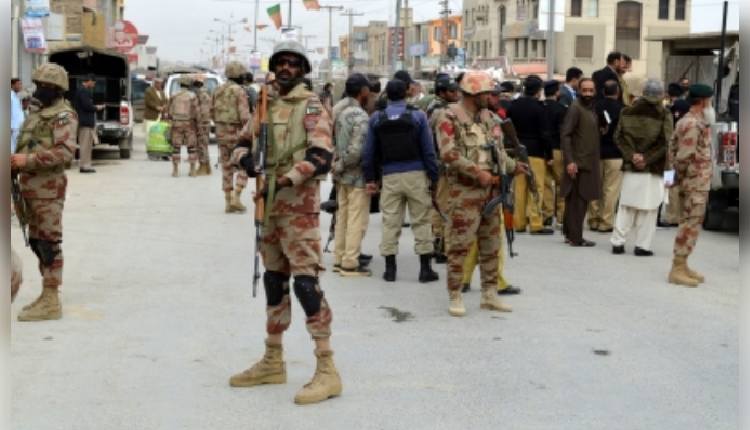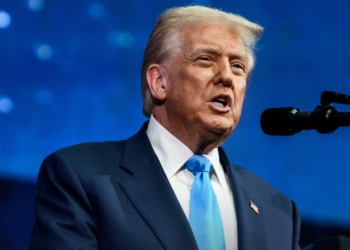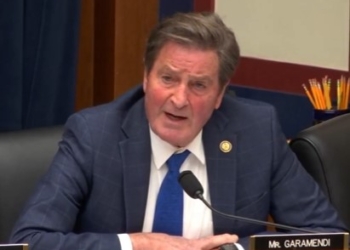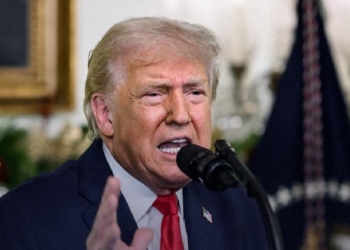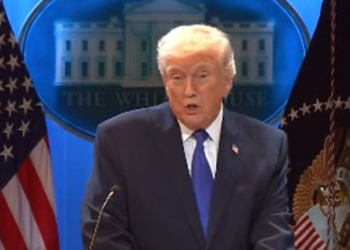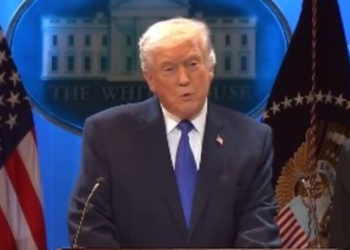Athens: The Pakistani Army’s human rights record remains a matter of grave concern for international bodies and rights groups, with the force being accused of carrying out arbitrary and unlawful killings, extrajudicial executions, enforced disappearances and widespread torture in all provinces, a report has said.
Pakistan-based rights organisation, Defence of Human Rights, tracked 2,332 cases of enforced disappearances in 2024, demonstrating a troubling persistence and escalation of abductions linked to state actors, Greece-based Geopolitico said in a report. The United Nations Working Group on Enforced and Involuntary Disappearances’ 2024 report stated that the number of such cases rose by 27 per cent over the preceding period, with 934 outstanding cases as of May 2024 waiting for resolution.
The Geopolitico report said: “The human rights record of the Pakistan Army remains a matter of grave concern for international bodies and rights organisations today. Arbitrary and unlawful killings, enforced disappearances, extrajudicial executions, and widespread torture are among the alleged abuses routinely ascribed to the military in multiple provinces, especially Balochistan, Sindh, Punjab, and Khyber Pakhtunkhwa. Human rights organisations, echoing findings from the US Department of State, continue to record numerous instances of kill and dump policies, implicating the Army and security agencies in the abduction, torture, and killing of dissidents with near-total impunity.”
Paank, the Baloch National Movement’s human rights wing, documented 28 torture victims, five extrajudicial killings, and 33 enforced disappearances in February 2024.
The report further stated: “The Awaran district recorded the highest number, indicating systematic targeting. The proven brutality extended to peaceful protestors and political activists. Amnesty International’s 2024 report highlights the killing and injury of demonstrators at the hands of law enforcement, including Army involvement. In July, three people were killed during the Baloch national gathering, while police opened fire at rallies in Islamabad and Bannu, leaving many dead or injured. The May 2023 events saw the prolonged detention by military courts of 85 protest participants; these individuals remain imprisoned after secret trials, suggesting deeply embedded practices that violate fair trial standards and civil liberties.”
Pakistan’s military and intelligence apparatus have a reputation for using excessive violence. Reports by Amnesty International and the UN Human Rights Committee have linked ill treatment, extrajudicial killings and widespread torture with army operations, particularly in Balochistan. Victims include not only suspected militants but also civilian populations, which include students, journalists, comedians, human rights defenders, and politicians, the Geopolitico report said.
Female activists have reported sexual violence and assault in detention, with no accountability for perpetrators. According to Paank’s 2024 report, civilians are forcibly taken from their homes, educational institutions, and streets, then kept in torture cells.
The report said: “Concerns over the use of military courts have intensified, especially post-2015, when the scope of these courts was significantly broadened. The 2024 Amnesty International review asserts that the use of military courts for civilians, particularly in political cases, denies fundamental rights to liberty and fair trial. Of the 105 participants in the 9 May 2023 protests tried in military courts, twenty were released in March 2024, but 85 were given sentences ranging from two to ten years. The trials were conducted in secrecy, exacerbating distrust among civil society.”
The ‘Peaceful Assembly and Public Order Act 2024’ and similar legislation imposed in several provinces provide sweeping powers to the authorities, including the Army, to detain and restrict activists without judicial oversight. Section 144 of the Code of Criminal Procedure is often imposed to ban gatherings.
The report said: “The Army’s actions have disproportionately affected Baloch, Pashtun, and other ethnic minorities. UN experts in April 2025 highlighted that Pakistan’s counter-terrorism measures conflate legitimate minority rights advocacy and peaceful demonstration with terrorism, thus threatening fundamental freedoms. Baloch activists, already subject to enforced disappearances and extrajudicial executions, have faced arbitrary arrests and collective punishment during peaceful protests. Numerous bodies identified in Balochistan bore evidence of torture and long periods of detention prior to death, as documented by international media.”
Places of worship belonging to minority faiths, particularly the Ahmadiyya and Christian communities, have been desecrated, while violence and unlawful killings linked to blasphemy laws by security personnel continue without meaningful accountability, according to the Geopolitico report.
“Evidence aggregated from reputable international sources shows a record of brutality, systematic rights violations, and pervasive military impunity within Pakistan’s security forces, especially the Army. The prevalence of enforced disappearances, extrajudicial killings, torture, and arbitrary detentions in 2025 paints a sobering portrait of a force whose operations frequently contravene international human rights norms. Without meaningful reform, independent investigation, and judicial accountability, these abuses will likely continue, exacerbating both domestic and international concerns about Pakistan’s commitment to the rule of law and fundamental rights.”
(IANS)




